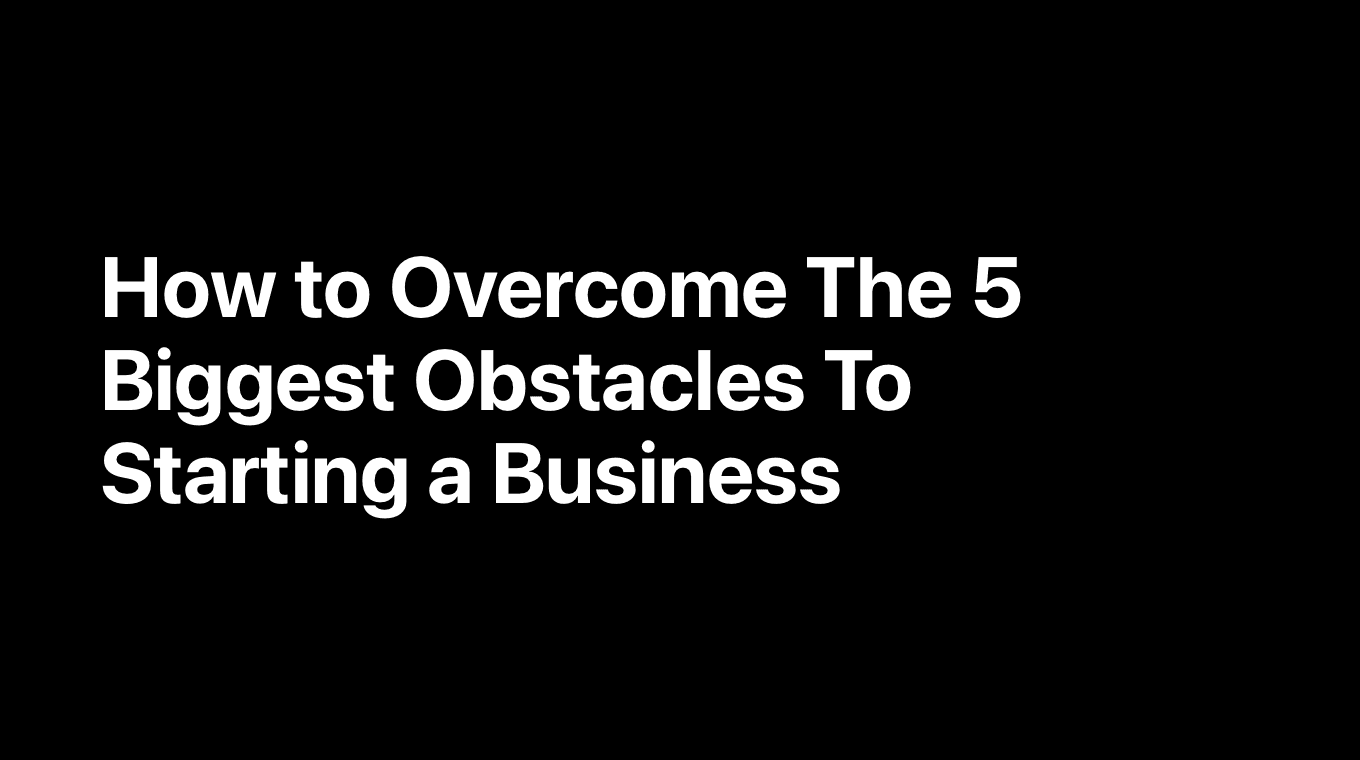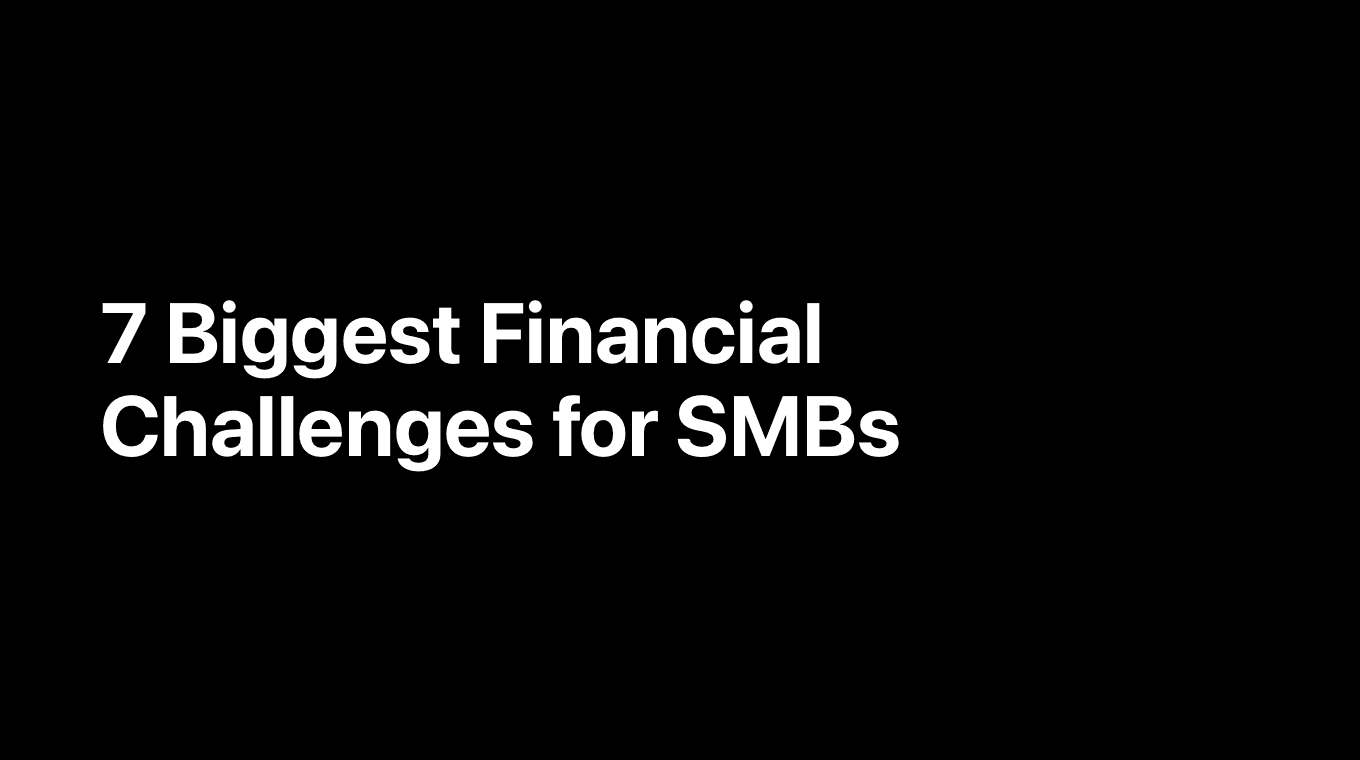
For the majority of people, starting a business is a major life decision. Doing so means putting a lot on the line, and no matter how confident you feel about the endeavor, there is always a chance that something can go wrong. However, while it is impossible to entirely eliminate this uncertainty (despite what many so-called business experts claim), there are still ways of stacking the odds in your favor. A number of them involve recognizing common startup mistakes and taking measures to alleviate them. Below you will find a list of five such mistakes, as well as our suggestions on how you should go about addressing them.
Acquiring Adequate Funding
Most problems in the world of business can be traced back to a single cause, namely, a lack of money. Without adequate funding, it is nigh impossible to get a company off the ground. Prospective entrepreneurs have several means to secure the initial batch of capital that is needed to start a business. You could potentially use your personal savings, but this is an option that is only available to a select few. Another approach would be to find investors such as venture capitalists and ask for a loan in exchange for equity in the firm and a promise of dividends. One more option that's worth looking into is crowdfunding – platforms such as Kickstarter and IndieGoGo give people the opportunity to acquire funding by means of numerous smaller investments in exchange for receiving a product or service once the project gets going. Once you have the money in place, you can also find additional ways to cut costs, thus helping take that cash a bit further still.
Finding the Right Tools for the Job
Another common issue that prevents people from starting a business is the fact that the equipment they need can be prohibitively expensive. And when you take into account planned obsolescence, the costs of acquiring and maintaining equipment can rise to unsustainable levels. One way of solving this issue is to buy used equipment. Liquidation sales give prospective businesses the opportunity to obtain the tools they need at a fraction of their original cost. Good deals can also be found online at places like eBay and craigslist, but you have to keep your eyes open to strike a good deal. Another option would be to find someone to lease you the equipment. For example, specialized tools that you would use only rarely are best rented out.
Setting up an Office
Starting a firm usually implies setting up a dedicated space for work. However, buying or renting an office in a commercial district is usually beyond the means of smaller businesses that are just starting out. An alternative to buying an office would be to work from a coworking space. Such places typically have a much lower rent than an actual office, and they are well suited for running IT startups. Another option would be to eschew office space altogether and work remotely if possible. Finally, you can opt to convert your home, or another apartment, into an office. And once your company starts earning a profit, you can move your operations to a dedicated office space.
Hiring a Team
Unless you are a polymath workaholic, starting a business will require more than one person. However, finding the right people for the job can be quite challenging for companies that still lack an industry presence. Having more people on the team also costs a lot of money, another barrier which you need to overcome. What you can do is try and find individuals who have little work experience, but are enthusiastic about your projects. Another option would be to offer unpaid internships, with a promise of a permanent position once the company gets going. You can also opt to outsource the work you can't manage on your own if you feel that you can manage solo most of the time.
Generating Public Interest
Under the present economic system, companies are created in order to sell products and services to interested parties. And if there is a lack of interest for what your startup company is offering, it is bound to go under. However, this doesn't mean that public opinion is something set in stone. With the proper use of various marketing techniques, you can create demand for your products and services where there was previously none. A frugal way to accomplish this is to start working on your online presence. Digital marketing is the current paradigm for doing promotional work, and many of its methods cost practically nothing to implement. At the very least, you should have a website for your business, and having profiles on relevant social media can help as well.
Conclusion
All businesses have obstacles they need to surmount when they are just starting out. We have talked about some of the most common ones in this article, and we've gone over what we think are the best solutions for each individual problem. We hope that you've found our list informative, and we hope that your launch goes without a hitch.




